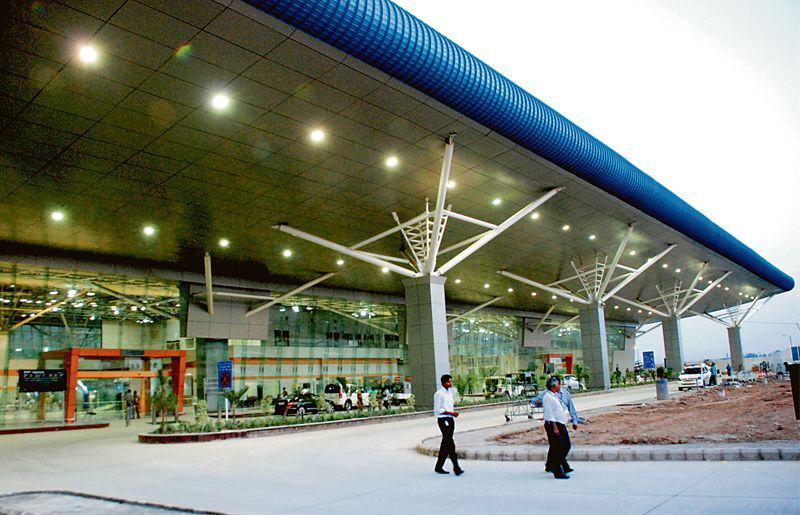The possibility of introducing more international flights from Chandigarh appears unlikely, according to India’s Minister of State for Civil Aviation, Murlidhar Mohol. In a written response to the Rajya Sabha, Mohol clarified that the decision to start international flights from any location, including Amritsar and Chandigarh, is solely a commercial one made by airlines. This decision is based on factors such as slot availability, market demand, economic viability, and other favourable conditions.
Mohol was addressing questions regarding the government’s plans to grant ‘Point of Call’ status to Amritsar and Chandigarh international airports under the Air Services Agreement (ASA) with Canada. He explained that the initiation of international flights is driven by airlines’ commercial interests rather than government intervention.
No plans as such for ‘Point of Call’ status
Mohol did not provide details about the government’s plans for ‘Point of Call’ status for Amritsar and Chandigarh airports or for opening additional international airports. He stated that currently, non-metro airports are not being considered as new call points for foreign carriers. Instead, the focus is on encouraging Indian airlines to expand their international operations from non-metro locations.
The provision of call points to foreign airlines is managed through bilateral air service agreements between India and other countries. Decisions regarding these call points are influenced by factors such as benefits to the Indian aviation sector, the presence of the Indian diaspora in the foreign country, reciprocity, and other relevant considerations.
Vikramjit Singh Sahney had asked whether the government plans to grant ‘Point of Call’ status to additional international airports and the rationale behind such decisions. He also inquired about the government’s awareness of the large number of Punjab residents traveling to and from Canada each year and whether Amritsar and Chandigarh airports would be included in the ASA with Canada.
The response emphasised that the current strategy encourages Indian airlines to serve international markets from non-metro locations, aligning with the broader framework of bilateral air agreements.






